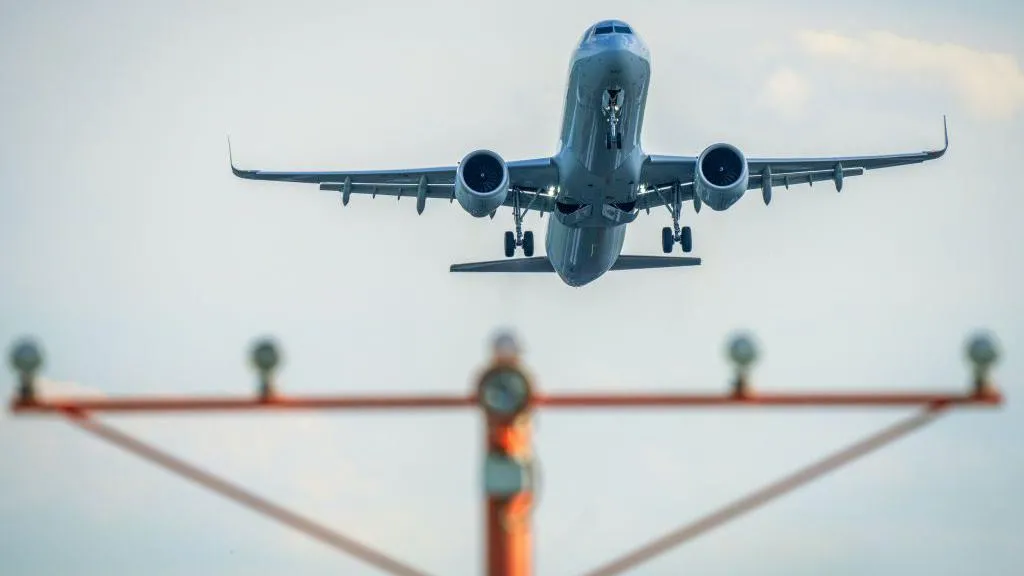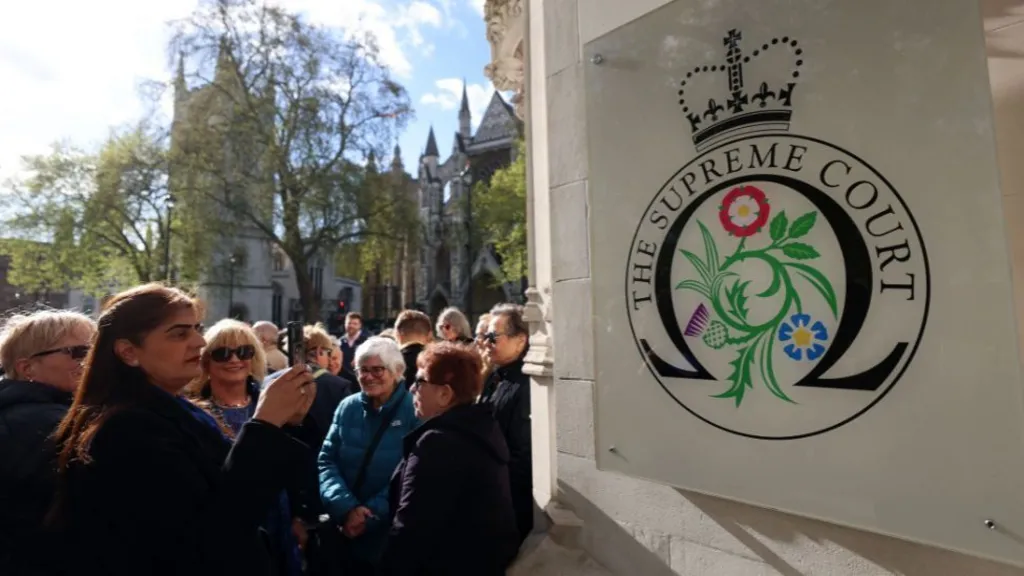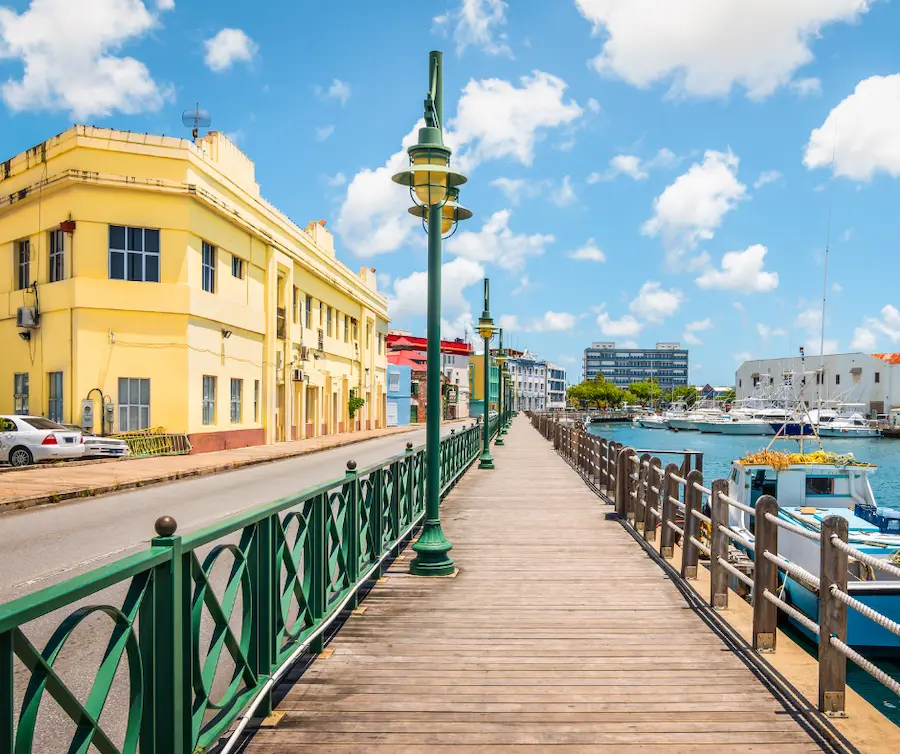

Barbados could be facing a fresh economic storm as economist Jeremy Stephen warns that recently announced United States tariffs may deliver a serious blow to the tourism sector while accelerating inflation and further driving up the already high cost of living.
Stephen, in an extended analysis of the global implications of the United States’ new trade policies, cautioned that the ripple effects of these tariffs – particularly those targeting key trading partners like China and Vietnam – could reverberate through every sector of Caribbean economies. Barbados, he said, will not be spared.
“From what I’m seeing, every sector is going to be impacted – potentially even tourism, through what I call a ‘dumping’ effect,” Stephen stated. “The US consumer is a key player in our tourism rebound, especially after COVID. These tariffs could choke that demand.”
The economist was speaking before US President Donald Trump announced he would pause many of his new tariffs for 90 days.
According to Stephen, the US has played an increasingly critical role in Barbados’ tourism recovery over the past three years, with American visitors – many of whom are of Indian descent and travelled for events like the 2024 International Cricket Council Men’s T20 World Cup – contributing significantly to foreign exchange inflows.
Stock market sell-offs
“We must understand how Americans make financial decisions,” he said. “Many of them base spending on how well their retirement accounts and investments are performing. With market sell-offs following tariff announcements, people’s wealth is being eroded – particularly through pensions and 401(k)s. That translates into less travel, lower spending, and fewer bookings.”
Stephen explained that the cost of imported goods in Barbados could rise steeply, particularly if transshipment routes through the US are taxed – an area he said remains “unclear”.
“If goods coming from Asia, for example Vietnam or China, are transshipped through American ports like Miami, and those goods incur tariffs just by passing through, we could see those costs passed directly to Barbadian consumers,” he warned.
He added that Latin American goods – many of which are shipped through Panama and then routed via the US – could also be affected if passthrough tariffs are applied. The result:
an increase in the cost of everything from food to electronics in Barbados.
“We’re potentially looking at yet another spike in inflation driven by external policy – just as we’re trying to stabilise.”
Stephen pointed to growing instability in global trade and monetary policy, fuelled by a resurgence of populist politics and protectionism, particularly in the lead-up to key elections in the US and Europe.
“Free trade is under threat,” he said. “We’ve seen how populist measures can gain traction even if they don’t make economic sense. During Trump’s last term, similar policies led to a wave of inflation – not just in the US, but globally. We’re heading down that path again.”
He noted that while the European Union and United Kingdom may suffer trade hits of their own, the broader concern for Barbados lies in how these shocks diminish the spending power of its major source markets.
“The EU has its own economic weaknesses, and these tariffs could worsen them. The UK, which is already in steady decline in terms of consumer wealth, may be dragged down further if bilateral trade with Europe is impacted.”
Imbalances
Stephen was also critical of the underlying logic behind the US tariffs, which he characterised as misguided attempts to fix trade imbalances.
“America is the world’s largest importer for a reason – it has the reserve currency,” he said. “Trying to correct the trade balance through tariffs misunderstands the very function of the US in the global economy. This strategy is destined to fail, and when it does, the damage to smaller economies like ours will have already been done.”
He concluded with a stark warning to local policymakers.
“Our economies are tightly linked to global flows. A slowdown in US spending could be a body blow for us. The Government, Central Bank, and private sector must monitor these developments closely. We can’t afford to be caught off guard – again.” (CLM)





